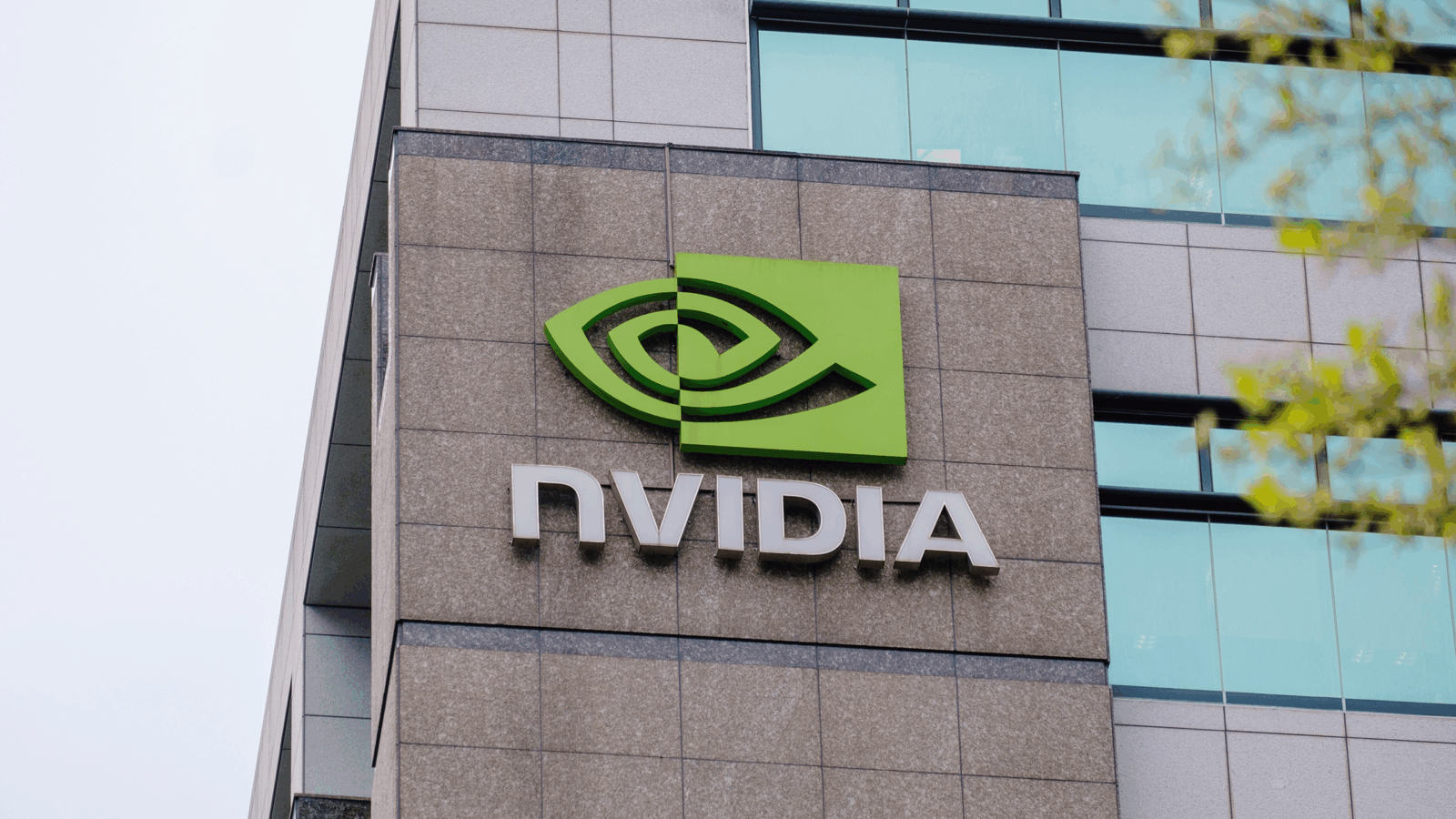The Video Game Industry Keeps Bleeding Jobs
Sony and EA both cut their workforce this week as the sector deals with a drop in post-pandemic demand.

Sign up for smart news, insights, and analysis on the biggest financial stories of the day.
If the video game job market were a sound, it’d be that sad noise Pac-Man makes when he dies.
This week, two major gaming companies slashed jobs: Sony cut 8% of its global PlayStation workforce, while EA cut 5% of its staff and announced it was canceling a Star Wars game. The gaming industry has seen a brutal 12 months of layoffs with pretty much every gaming company announcing job cuts — and it may not have any lives left.
Press F to Pay Respects
The last few years were a shock to the system for many tech workers, with rounds of cuts becoming far more normalized in an industry that really hadn’t seen mass layoffs before. But while overall tech layoffs have ebbed a bit, the games industry — including big companies with deep pockets — continues to hemorrhage workers.
“While the unfortunate reality is that periods of growth and shrinkage are cyclical to many industries, the scale of job losses in games last year and this year is worsened due to circumstances unique to the industry,” Tom Wijman, lead analyst at games industry analytics company Newzoo, told The Daily Upside. One major reason is pandemic-induced trends snapping back in the industry’s face:
- “During the pandemic, gaming engagement and spending reached all-time highs,” Wijman said. That led to a flood of projects being greenlit — but games take years to develop, and by the time they were ready, people weren’t quite as glued to their consoles as they had been when they were feverishly trying to repay their loans to Tom Nook.
- “Until recently, many of these projects remained in development, but as engagement has continued to decline, many may be considered unviable,” Wijman said. He expects more game cancellations, which normally bring more layoffs.
Out of Levels: Wijman said shedding workers after finishing a game was fairly normal for companies, but those workers normally had lots of open roles they could pursue elsewhere. “The difference between then and now is that all companies seem to be downsizing,” he said. “The games industry has seen double-digit growth since (at least) 2012. There hasn’t been a necessity to downsize for that amount of time, at least, not industrywide. Now that there is this necessity, that will make more impact,” he added.











